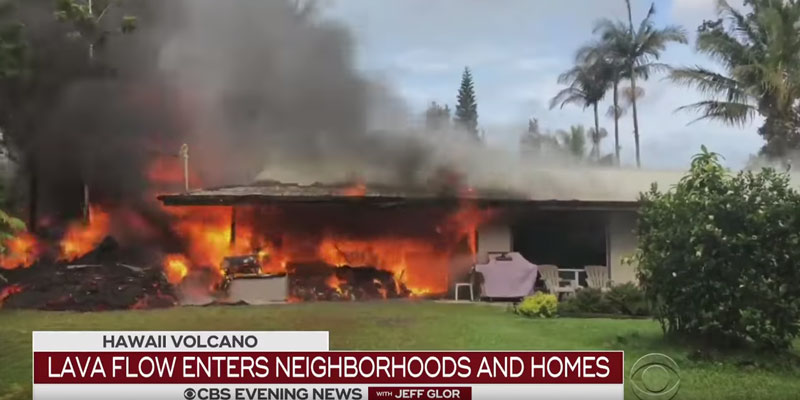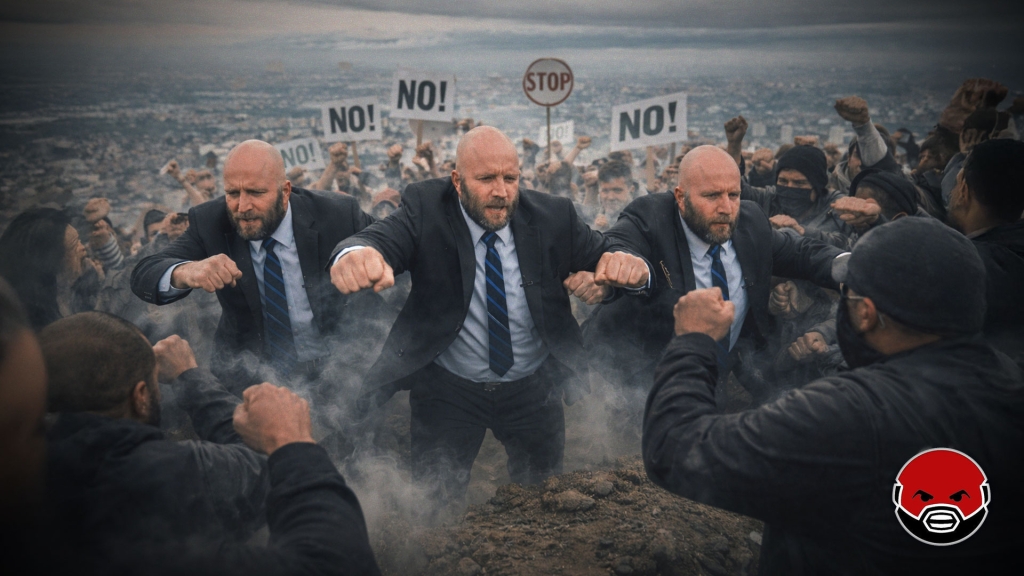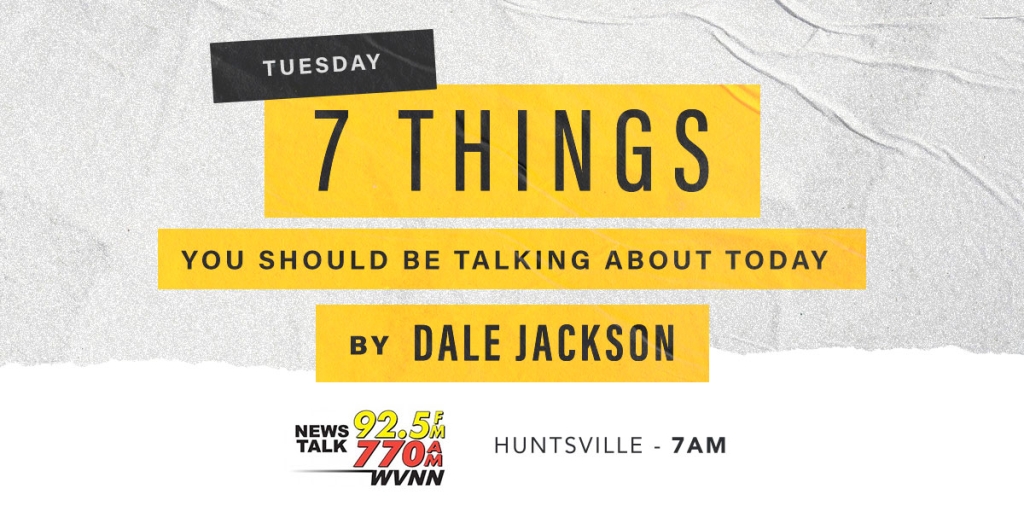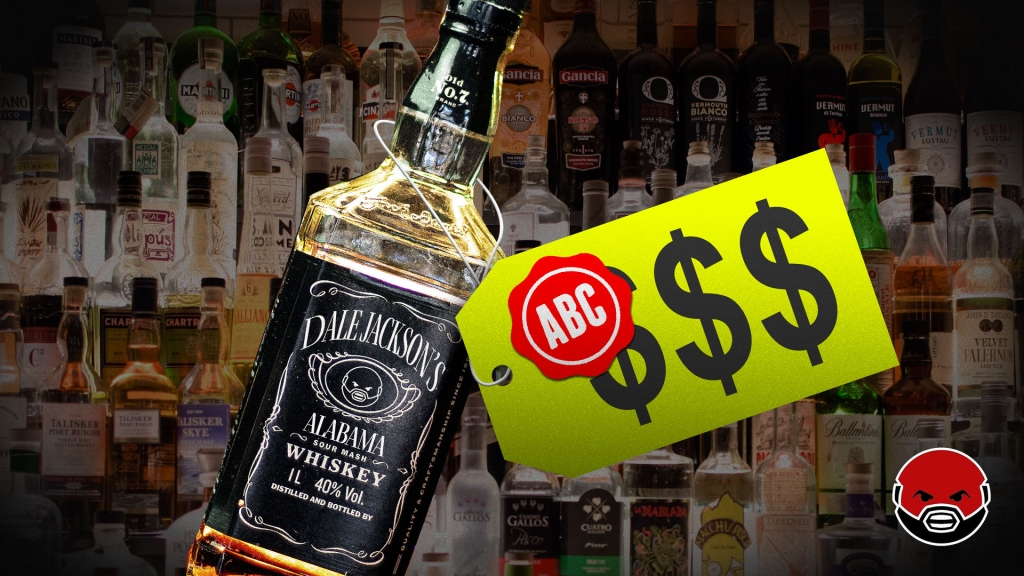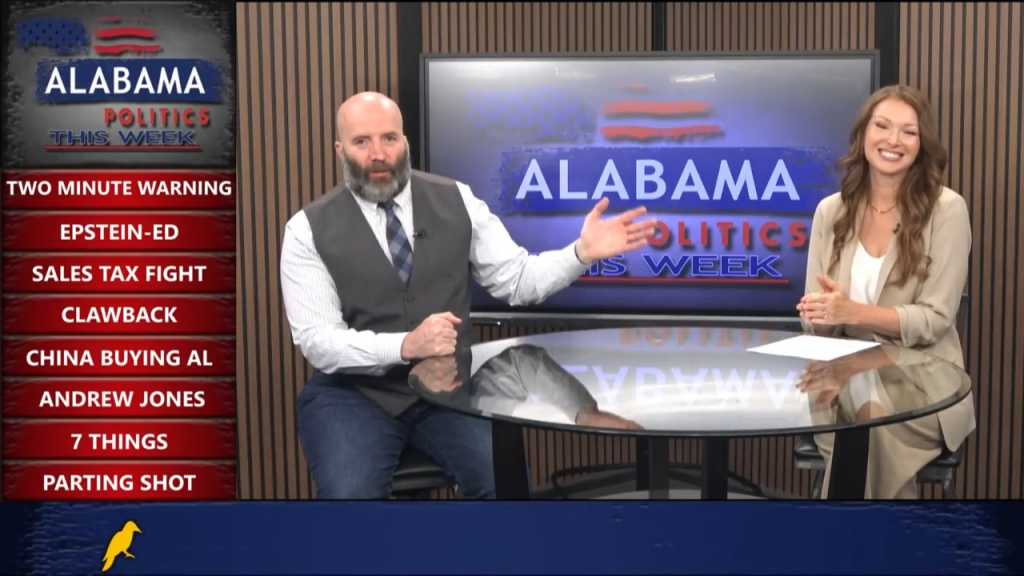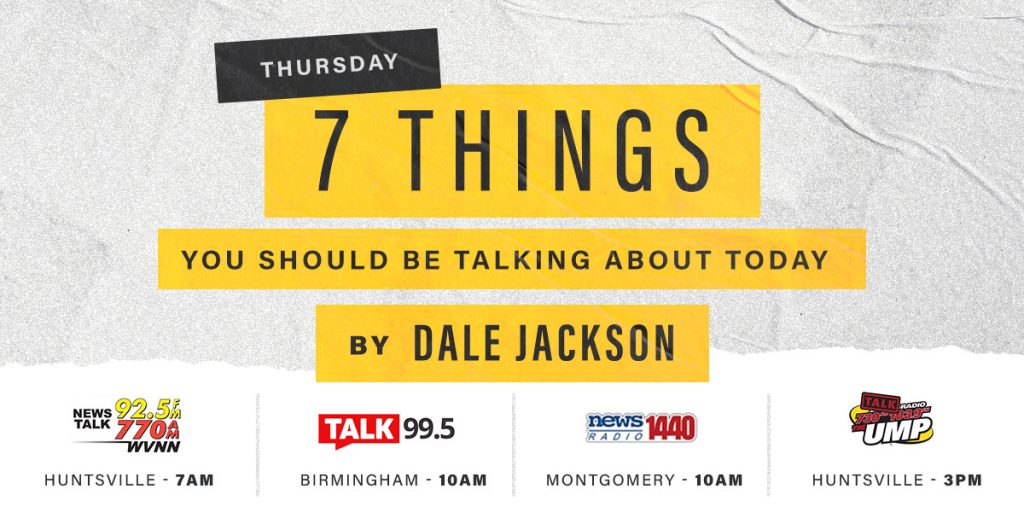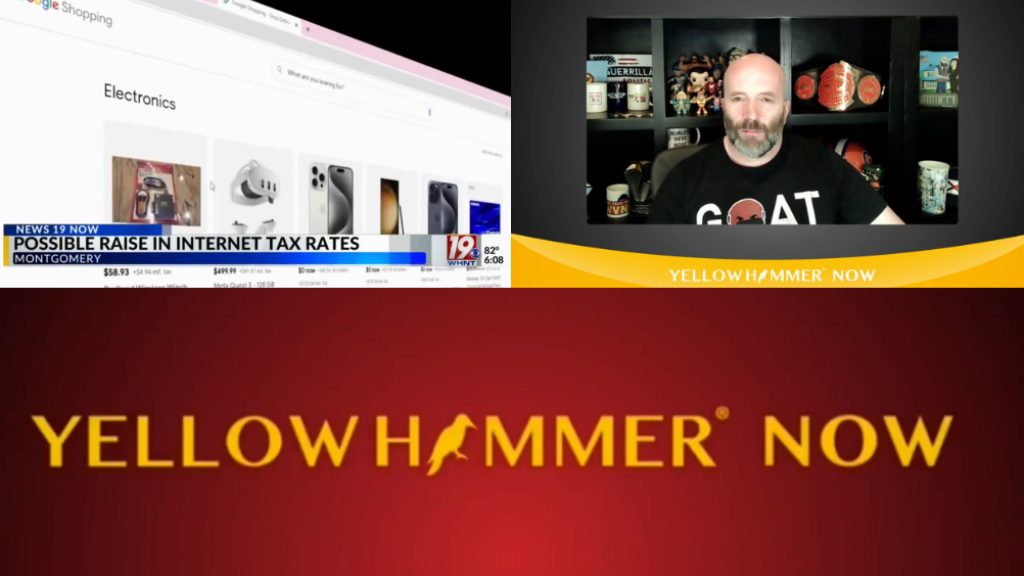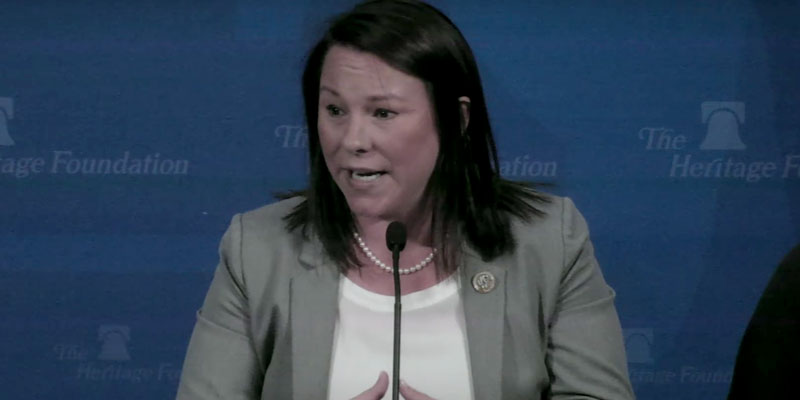Kilauea on the island of Hawaii began erupting on May 3, and has to date destroyed about 600 homes. The terrifying pictures led me to wonder why anyone would build a home on one of the world’s most active volcanoes. Hawaii’s regulation of property insurance provides part of the explanation, and Kilauea’s eruption offers a lesson for Alabama.
Geologists know a lot about volcanoes and lava. The Hawaii Volcano Observatory has mapped over 500 lava vents on Mauna Loa. Hawaii’s volcanoes produce two types of lava, with very different textures and flow speeds. The risk of lava flows varies widely across the island of Hawaii. Geologists divide the island into nine lava flow risk zones, based on the location of the most active vents and the mountains’ contours.
The Grassroot Institute of Hawaii, a public policy think tank, has detailed the insurance story.
In the 1990s, insurance companies stopped covering homes in the two highest risk lava zones. With insurance unavailable, banks would not write mortgages, and builders could not build homes. The state government created the Hawaii Property Insurance Association (HPIA) to sell low priced insurance. Many homes destroyed in the eruption were built due to HPIA.
Hawaii used an insurance pool to subsidize building on Kilauea. Alabama uses an insurance pool, the Alabama Insurance Underwriting Association, for hurricane coverage along the Gulf Coast. Insurance pools offer “affordable” coverage, meaning priced in line with what people want to pay, not the rate sufficient to allow insurers to cover losses after the next eruption or hurricane. HPIA’s low rates virtually guarantee losses.
Why would insurers join HPIA then? Because they had to. No, Hawaii did not have The Godfather to make insurance companies an offer they couldn’t refuse. Rather, insurers must receive permission from state regulators to operate. Regulators made joining HPIA a condition for operating in Hawaii.
What happens when an insurance pool suffers losses they cannot pay in a future eruption (or hurricane)? They impose assessments, which are essentially taxes, on other state insurance policies. Hawaiians who live on Oahu might have to pay for the destroyed homes.
Insurance pools represent a stealth government policy, one likely to fly under the radar until disaster happens. Hawaii could have let insurance companies charge rates high enough to cover future claims and used taxes to pay part of homeowners’ premiums. For example, insurers could have been allowed to charge $20,000 a year to cover a house on Kilauea, with legislators covering $15,000 of the price using taxes. Instead, HPIA let homeowners just pay say $5,000, and relied on imposing taxes after the eruption.
Subsidizing building in risky areas is poor policy, but I think that transparency makes direct subsidies a better option. Citizens are more likely to reach an informed decision when legislators must spend our taxes. Stealth might produce programs that citizens do not truly want.
Humorist P. J. O’Rourke has said, “Giving money and power to government is like giving whiskey and car keys to teenage boys.” Mr. O’Rourke believes that government will spend our taxes on boondoggles, and often he’s right. Insurance pools suggest though that state legislators are probably subsidizing through insurance some things they would never dare spend our tax dollars on.
Defenders often argue that development would not occur in some risky areas without insurance pools. The point is valid. Yet the risk posed by lava – or hurricanes – is real, and development is more costly as a result. People should only live or work in high risk areas if doing so creates enough value to cover the higher cost. High insurance premiums ask people, “are you sure you want to build a home here?”
Geographer Gilbert White, a pioneer of natural hazards research, argued that disasters were never merely acts of God; our choices contributed to the outcome as well. Whether volcanoes and hurricanes produce disasters will depend on whether government encourages risky decisions.
Daniel Sutter is the Charles G. Koch Professor of Economics with the Manuel H. Johnson Center for Political Economy at Troy University.




